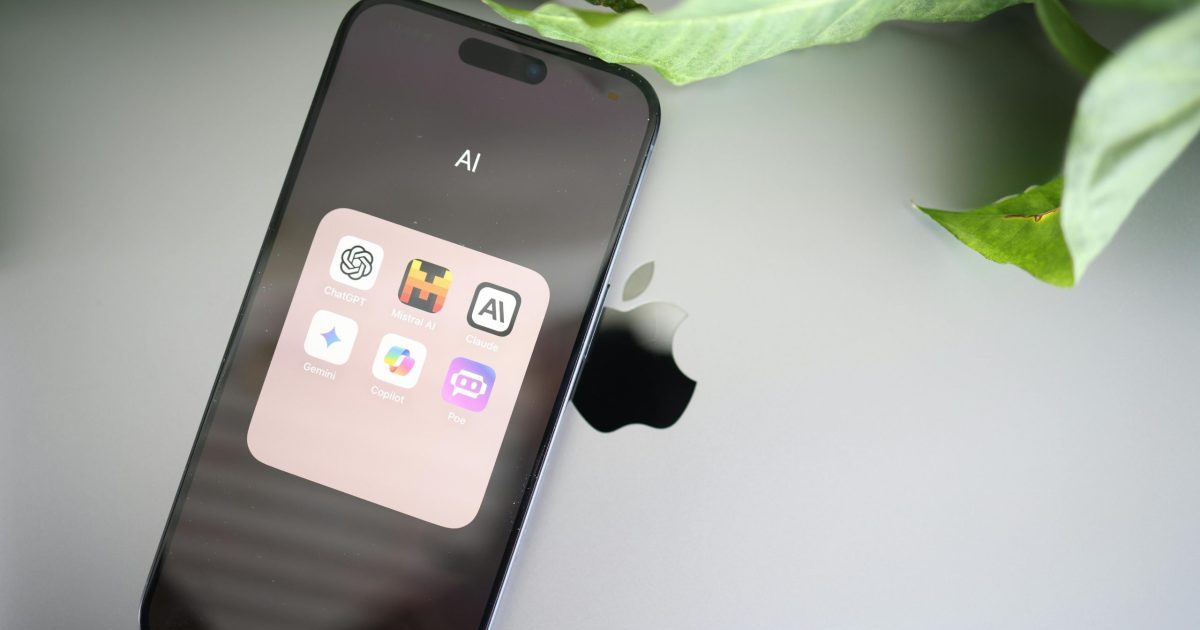
Could AI Replace Therapists?

Artificial intelligence (AI) has made significant advancements in recent years, and has quickly become part of our daily lives. AI has now been implemented in a variety of ways across a number of different fields, helping to improve things like search results, customer service, and efficiency in areas such as storage or transport, to name a few. One of the most prominent, and popular, features of AI is the ability to communicate back and forth, as though we were talking to a human. This has many people wondering if “virtual trainers” and “virtual therapists” are just around the corner, waiting to solve all our problems. The reality is, probably not.
One of the main reasons why AI may not take over the role of human psychotherapists is the complex nature of human emotions and relationships. Psychotherapy involves a deep understanding of not only the human mind in general, but also each clients’ own emotions, experiences, and thought processes, which often require a human touch. Human psychotherapists are able to empathise with their clients, build trust, and create a safe and supportive environment for them to explore their thoughts and feelings. This level of emotional intelligence and empathy is difficult for AI to replicate, as it lacks the ability to truly understand and connect with human emotions. It is also worth noting that an AI query uses about 10 times as much energy as a simple search, which will hinder its advancement and rollout. and the results can be questionable, such as Google recommending smoking 2-3 cigarettes a day while pregnant.
Furthermore, AI has already caused a bit of controversy with its techniques, with artists claiming their work is being used, without compensation, to improve a product that will take work away from them. This raises the question of how AI would trained in a field such a psychotherapy. Would patients consent to their cases being used as a training tool? If so, it is likely that many people, possibly the more serious cases, would not consent, and any results would be skewed. And given how often large corporations fail to protect the data of their customers, what would happen if millions of case files across the globe were made public? If a therapist breaches their confidentiality, or commits malpractice, they lose their licence. It matters just as much to them as it does to the patient. AI would simply be updated with the promise of improved security.
While AI has the potential to augment and enhance the work of human psychotherapists by providing additional support and resources, it is unlikely to fully replace the human element in psychotherapy. The unique qualities of human connection, empathy, and intuition that human psychotherapists bring to their practice are irreplaceable by AI for the foreseeable future. As such, human psychotherapists will continue to play a vital role in providing mental health care and support to individuals in need.